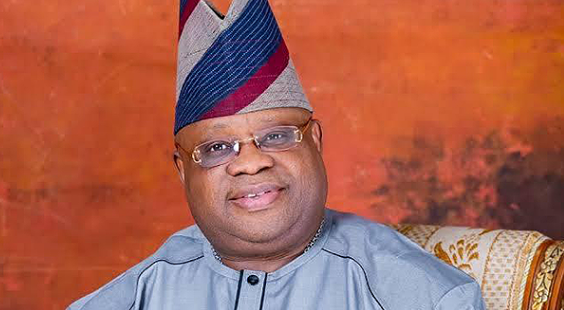Abuja, Nigeria–The House of Representatives Committee on the Nigeria COVID-19 Action Recovery and Economic Stimulus (NG-CARES) has initiated a formal investigation into the ₦1.06 trillion intervention programme, citing widespread concerns over its limited impact on vulnerable Nigerians.
Chairman of the Committee, Hon. Abubakar Kusada (APC, Katsina), announced the probe during a press briefing held at the National Assembly Complex in Abuja. He said the inquiry follows a series of complaints indicating that the multi-billion-naira initiative has failed to deliver meaningful assistance to its intended beneficiaries.
Funded jointly by the Federal Government and the World Bank, NG-CARES was launched to cushion the economic effects of the COVID-19 pandemic, fuel subsidy removal, and exchange rate unification. The programme is currently in the final year of its first four-year phase, set to conclude in December 2025.
With a total budgetary commitment of $696 million (approximately ₦1.06 trillion), the scheme is being implemented across all 36 states and the Federal Capital Territory through state-level delivery platforms.
Kusada expressed disappointment that, despite substantial disbursements, many of Nigeria’s poorest citizens have seen little to no improvement in their living conditions. He outlined the programme’s three core focus areas: social safety nets and basic services, food security and agriculture, and the recovery of micro, small, and medium enterprises (MSMEs).
Initiatives under these areas include cash transfers, public works programmes, livelihood support, farm inputs, infrastructure upgrades, matching grants, and ICT support for small businesses. However, the committee noted that evidence of the programme’s success remains minimal across several states.
Acting under its constitutional oversight powers as provided in Sections 88 and 89, the committee said it will investigate potential mismanagement or diversion of funds, evaluate the programme’s value for money, and examine procurement practices for transparency and compliance.
“The committee will also assess the performance of independent verification agents and third-party monitors, fairness in fund allocation, and the operational capacity of state-level delivery mechanisms,” Kusada said.
He stressed that any confirmed misappropriation will be met with accountability measures, including referrals to anti-corruption agencies and recovery of public funds.
“If the funds were properly utilised, Nigerians deserve to know how and where to access the benefits. If not, we will ensure those responsible are held accountable,” Kusada added. “Our goal is to guarantee that every kobo spent results in real, measurable improvements in people’s lives.”
The committee pledged to take corrective action where necessary to restore public trust in the programme’s objectives and outcomes.
By Taiwo Olatinwo/ August 14,2025
Discover more from DnewsInfo
Subscribe to get the latest posts sent to your email.




